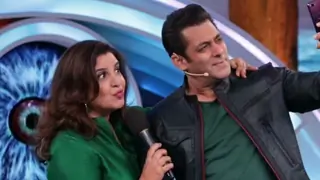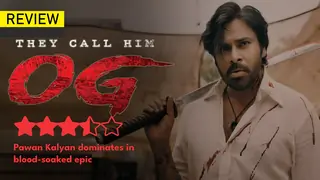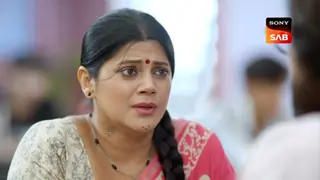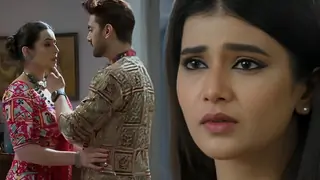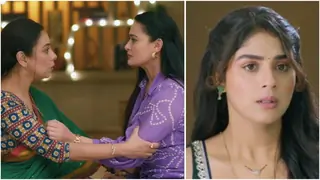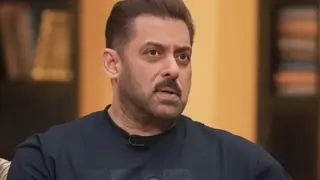|
Says Gulzar, "Poetry has many forms. The interesting aspect of ghazals is that they are always sung. My association with Jagjit Singh began with the TV serial on Ghalib. Not only in a commercial sense, but also as an important stage in the evolution of this unique creative synergy in Indian music. This album is a part of the legacy of the masters like Mirza Ghalib. This is another phase of this partnership. Jagjit, I believe, is one of the best exponents of the ghazal. A new poetic device, Triveni a three-lined form, is sung for the first time in this album. An effort of 30 years, it is a new experimentation and invention in Urdu poetry. It's a complete song. It is a thought, written in poetry, imbued with melody and music in a philosophical medium. It is similar to Haiku, but it also resonates with the Punjabi folk music forms and varieties. The third line of the triplet often changes the meaning of the first two lines. It's a free verse, but it keeps a metre. Ghazal calls for a particular temperament. Many good singers can't sing ghazals. The legendary Mehdi Hassan has an ethereal voice. I would put Jagjit Singh in the same league I have heard recently that Hassan has started to hum again. I pray to God that he comes back." Jagjit Singh adds on their association, "Gulzar saab and my rapport during 'Marasim' has grown into something truly outstanding in 'Koi Baat Chale'. Gulzar saab's way of thinking and expressing his poetry is unique. There is always a new twist in his poetry and it is sometimes difficult to compose tunes for it. I have tried to do something new in every ghazal. 'Koi Baat Chale' is full of poetic innovations. In the ghazal, "Kya batayen ki jaan gayi kaise", Gulzar experiments with images and makes them contemporary, as in the line "Kisne raste mein chand rakha tha mujko thokar lagi kaise". I would say he is the other half of any music. It is the backbone of any ghazal. I must like the lyrics first, understand it, know what it conveys to me; only then can I compose music and sing it." |







